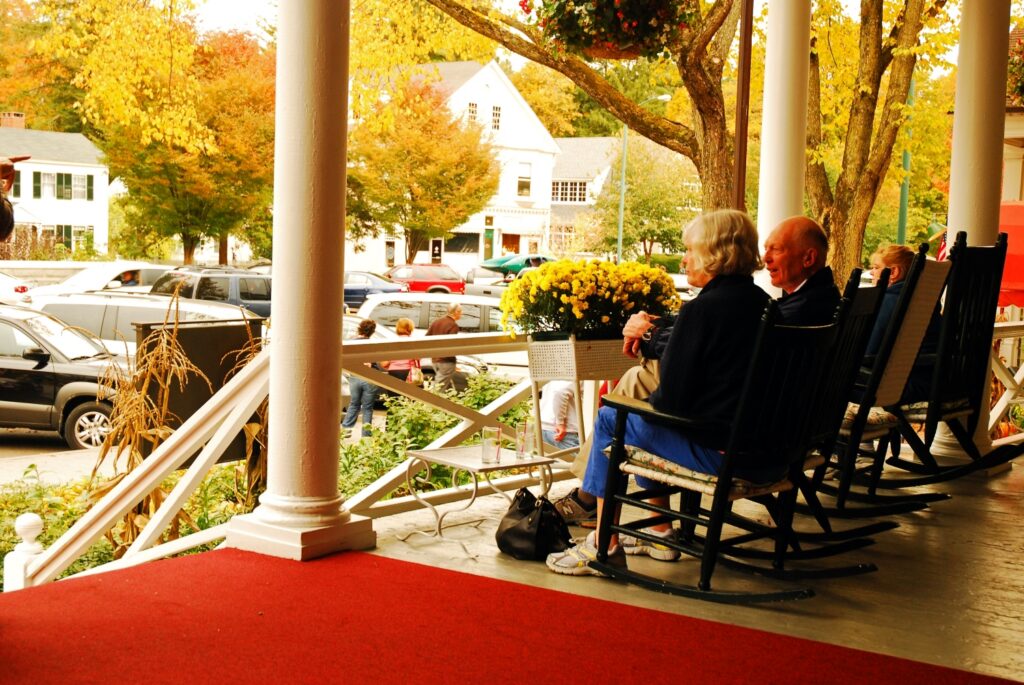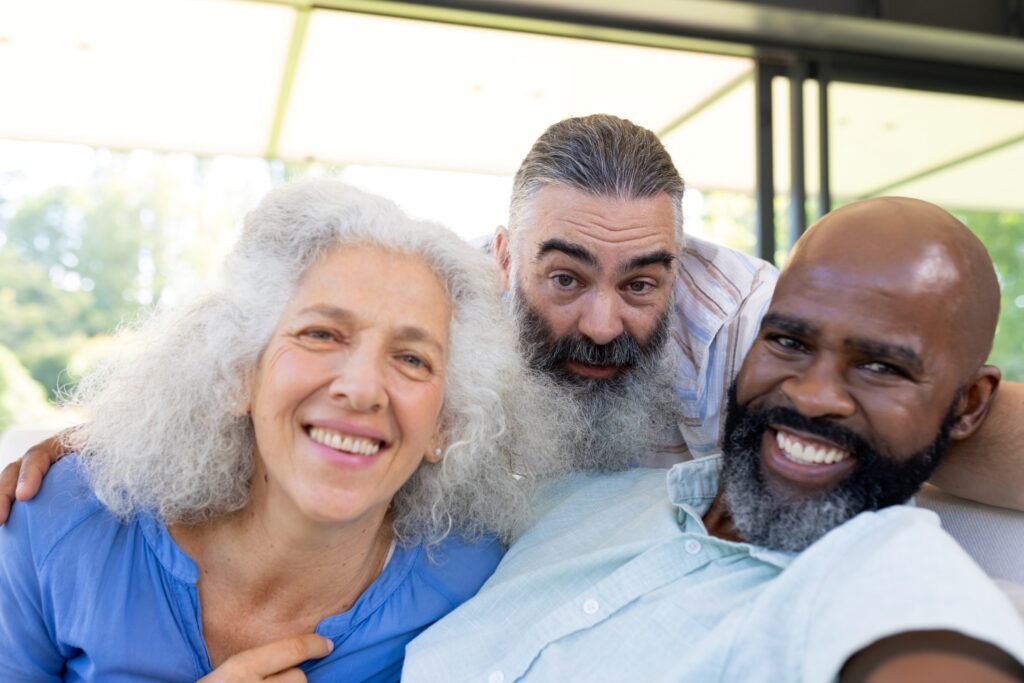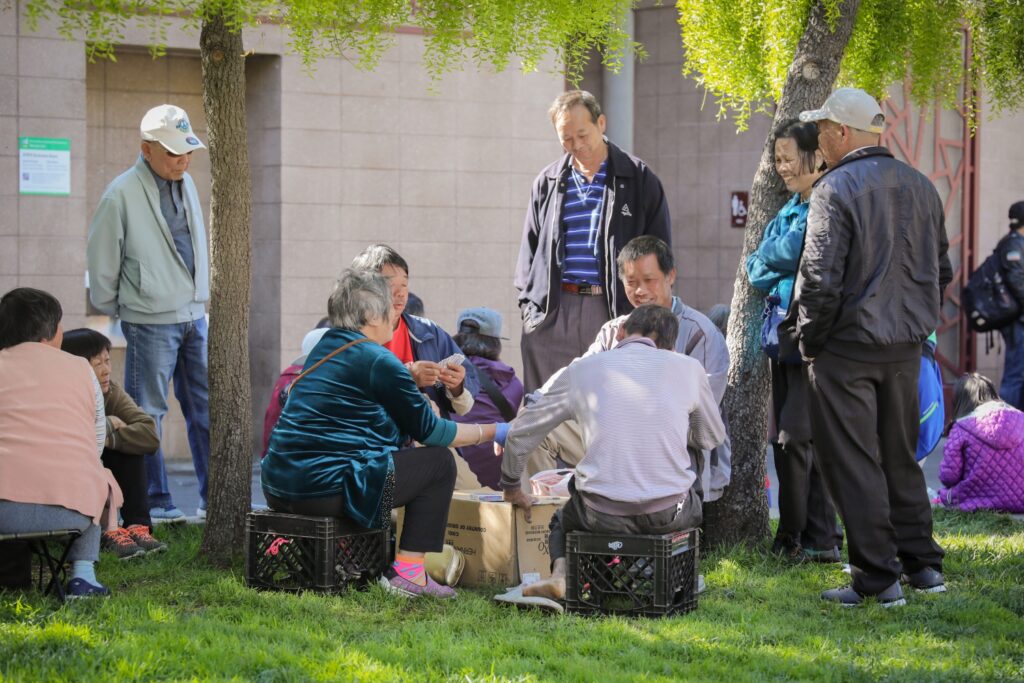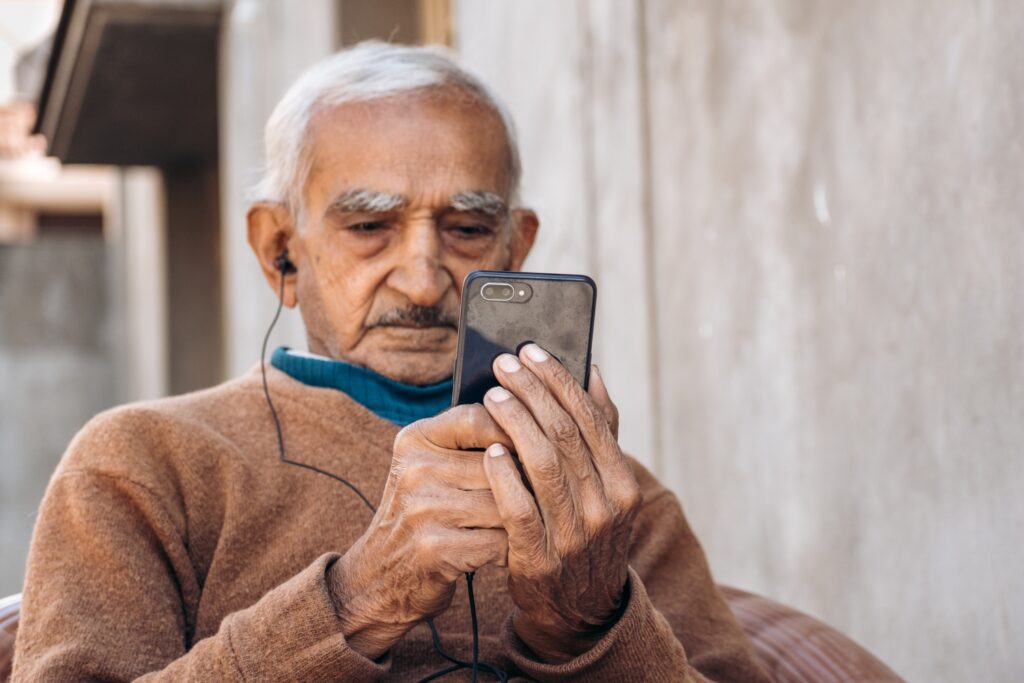Abstract:
This article integrates my professional journey of practice, research, and administration with a reflection on how the field of gerontology has changed across 35 years and how the healthcare industry responded to the growing numbers of older adults. Paradoxically, while the field of gerontology has become more multidisciplinary and integrative, the number of specialists in gerontology across all health fields has declined or remained at very low levels. Research on aging, however, continues to grow. The lessons of working with older adults have long been a part of my personal journey; a gift to me and others
Key Words:
Gerontology, professional practice, psychology and aging
The field of gerontology, the locations in which I could practice geropsychology, and the recognition of the importance of gerontology have changed considerably since I began my career 35 years ago. Yet, the older people I interview for my research and for whom I perform neurocognitive assessments in my clinical work have not changed much at all. Clinical settings were very different more than three decades ago and served older adults with widely varied physical and cognitive issues. Progress, and, paradoxically, reversals have been manifested in the fields of gerontology and societal practices across my career.
In the early years of the psychology-of-aging field, a conceptual and practical divide existed between clinicians working on problems related to aging and those who worked on understanding normal aging. These were viewed as non-overlapping populations. Although my work clearly involved clinical problems related to aging, I pushed for connections between normal aging and some age-related disorders.
Attending sessions and having conversations with colleagues at the Gerontological Society of America enabled me to integrate normal and pathological aging work. It was only slowly that the field began to recognize that cognitive aging and dementia, for example, existed on a continuum and that disease processes began neurologically well before there were even early symptoms. Thus, longitudinal studies of memory and aging held some of the greatest data for understanding early Alzheimer’s disease.
Perhaps the most influential study in this regard was the Memory and Aging Project (1979-present) led by Dr. Martha Storandt, a psychologist and cognitive aging scholar, which ran parallel to the Washington University Alzheimer’s disease study led by Dr. Leonard Berg, a neurologist and medical scientist. The two studies worked collaboratively, in that as years went by, many Memory and Aging Project participants experienced dementia, and it was instructive to go back to the cognitive aging data and identify the earliest measurable decline. Thus, there were reliable cognitive changes years before dementia symptoms became apparent. This study of early markers of decline has accelerated as the measurement of brain structure, functioning, and biomarkers has expanded. The field has become increasingly more integrated, with multiple disciplines working together at multiple levels of analysis (environment, biomarkers, social determinants, genetics, etc.).
Profits Over Patients
A troubling disjunction is emerging in gerontology. It has been a growth field since well before the day I entered it, but gerontological care as a specialized practice has been greatly diminished, even as the numbers of older people grow. I worked primarily as a clinician and researcher for the first 14 years of my career, and in award-winning programs for the care of older seriously mentally ill adults and older adults in acute medical rehabilitation.
The gerontological field has become increasingly more integrated; with multiple disciplines working together at multiple levels of analysis.
From 1986 until 1991 I was the geriatric psychology director for services to 180 older adults with serious mental illness (e.g., bipolar disorder, schizophrenia, and comorbid dementia with severe behavioral disturbances) in what was then a Medicare-licensed intermediate care facility at Western State Hospital in Staunton, VA. Older adults in intermediate care facilities were not in need of more intensive skilled care and were more independent, performing their own activities of daily living, but due to a mental disorder or disability they could not live independently. These people were covered by Medicaid insurance.
In what became a trend across the country, the state hospital system sought to decrease its costs by discharging these older patients to group homes, other assisted living residences, or in some cases to skilled nursing facilities. Not content to presume these policies and practices worked to everyone’s benefit, my team and I followed up on each discharged patient who went to an assisted living or group home situation. It was troubling to watch the older patients regress, and to see the lower quality facilities to which they were discharged. I sought opportunities to confront these problems.
In 1991 I became the geriatric neuropsychologist at the Rehabilitation Institute of Michigan in Detroit. This was more of a consultation service, and it was exciting also to be able to participate in rounds with the physiatrist, observe patients in the occupational therapy (OT) or physical therapy (PT) gym, and give feedback to families. I also had the opportunity to lead a training program for pre- and post-doctoral trainees, and to perform more research.
Being on the campus of Wayne State University also meant I was involved with the Institute of Gerontology there. After 8 years this geriatric service line was disbanded. These “service centers” were not profitable or efficient enough to last; both were closed despite high volumes of older patients. Such changes echoed an ongoing societal challenge, perhaps even a reversal, in promoting the well-being of older adults.
The loss of geriatric expertise in medical rehabilitation can lead to lost expertise concerning frailty, dementia, delirium and depression, and substance use disorders. Specialists in geriatric medicine have declined significantly, as have training programs for such specialists.
The paradox is that as the volume of older adults increased dramatically, the specialists to care for them declined precipitously. Funding for training programs dried up, and geriatric practices, usually dependent upon Medicare reimbursements, were not financially viable. Recognizing that specialty practice in gerontology and geriatrics was not going to rebound, in 2008 the Institute of Medicine put out a book called “Re-Tooling for an Aging America” in which they called for the immediate training of all health professionals in some geriatric content.
The Work Remains Incredibly Fulfilling
The problems and opportunities for an aging society remain, and that is why my years dedicated to leadership serving as administrator, researcher, and limited clinician have been so satisfying. Research to better understand and intervene on problems related to aging remains a high priority in the federal research portfolio.
For me, the opportunity to lead the Wayne State Institute of Gerontology proved to be the most satisfying years in my career. As a director, I had the opportunity to hire outstanding faculty members and watch their interdisciplinary research programs grow, establish training programs for the next generation of gerontology scholars, and create a community engagement effort that connects the Institute to the Detroit community.
‘Gerontological care as a specialized practice has been greatly diminished, even as the numbers of older people grow.’
Being outside of academic medicine opened greater opportunities for leadership, and a growth in my own research program. For 26 years I have co-directed the Michigan Center for Urban African American Aging Research, a program to mentor scientists from diverse backgrounds and to connect with the community around research in new and meaningful ways.
The opportunities to further the careers of so many wonderful colleagues are so meaningful to me. The extraordinary experience of working closely with the University of Michigan directors and leaders in the study of older Black adults, Drs. James Jackson and Robert Taylor, helped me improve as a mentor, and as a scientist.
When the Professional Becomes Personal
The people and lifetimes we study can hit home quickly; they are not just out there in the field. When I was 25 years old, my wife of 3 years died suddenly and unexpectedly. It was tragic and so “off time.” I experienced grief in the way 25-year-olds do when they lose the person most precious to them. I also crossed the invisible boundaries between younger and older adults; I was attuned to loss, and comfortable talking and hearing about it.
It took many years, but I found incredible joy in a new relationship and a new marriage. After 20 years together and 15 years of marriage that brought us two children, my wife and colleague, Dr. Susan MacNeill, died of metastatic breast cancer; a case of mammogram failure to detect the mass at its early stage. In 2017 I wrote a paper for a special issue of The Gerontologist titled “Grief and Healing in Young and Middle Age: A Widower’s Journey.” My career and my opportunities to help others—older adults I work with and students and colleagues—have played a big part of my healing.
So, too, has the role I have played with many friends and family members as a gerontologist. I was my parents’ choice for their power of attorney and when it came to their final days both my mother and father died peacefully with few days of total disability and no pain.
Two of my best friends from college lost their spouses when they were in their early 60s, and I was able to be a trusted confidant as they grieved. Integrating my professional journey into my personal life for the benefit of friends and family and to help me understand my own journey has been a most meaningful career gift.
Peter A. Lichtenberg, PhD, ABPP, directs the Institute of Gerontology, and is Distinguished Professor of Psychology at Wayne State University in Detroit, MI. He may be contacted at p.lichtenberg@wayne.edu.
Photo credit: Shutterstock/Dobo Kristian












